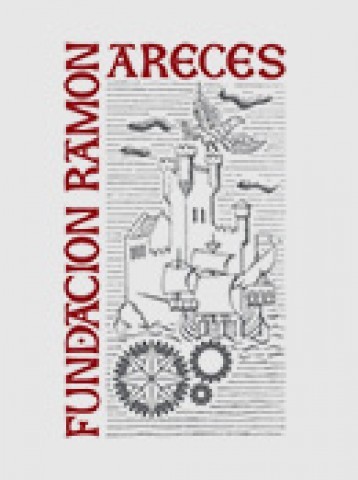
National brands vs. Private label strategies: a ‘new landscape’ in times of crisis
The global economic crisis has strongly modified consumers’ brand preferences for national brands and private labels (PLs). Previous recessions have shown a clear correlation between private label market share and the economy. In the past, PL sales spiked during a recession but quickly returned to normal levels at the first sign of an upturn. However, this time PLs remain static. Thus, the global economic slump has accelerated the growth of PLs at the same time as the underlying long-term shift in power moves from manufacturers to retailers. PLs in the consumer packaged goods industry have experienced an intense worldwide surge in availability and market share in recent years. In this regard, PLs have been introduced to over 90% of all consumer packaged goods categories. PLs already account for 56.9% of the total consumer packaged goods (CPG) consumption in the UK (49.2% value share), for 49.6% in Germany (37.7% value share), 49.5% in Spain (40.4% value share), and 22.9% in U.S. (18.5% value share) (Symphony IRI Group, 2011).
Why do retailers desire to increase the presence of their PLs (also known as store brands, among others)? The specific literature highlights three possibilities: (1) higher retail margins on PLs; (2) negotiating leverage with national brands, and (3) higher consumer store loyalty. There is significant evidence to support the first two reasons; the fact that PLs generate high margins for retailers has been acknowledged in both the business and academic press. In the academic context, previous literature reports average gross retailer SB margins of up to 30% and even higher. Also, a retailer’s PL percentage margins are high on average, although such margins vary considerably across categories. Manufacturer and retailer power, along with category concentration, are category-level aspects influencing a retailer’s margin in terms of both PLs and national brands.
One of the most immediate, strategic decisions retailers need to take is on assortment rationalization. The world’s leading retailers (Walmart, Carrefour, Groupe Casino, Supervalu, Mercadona, Coles Group, among others) are engaged into rationalization decisions. Many of these decisions are based on national brand delistings – especially in food retailing. For example, the former Dutch food retail chain Edah decided to delete 2,000 national brand items in order to introduce 1,000 store brand items. However, in response to many customer complaints and unsatisfactory sales developments in the 6 months after this substantial national brand assortment reduction, it promptly reintroduced approximately 1,000 mainly high-equity brand items. UK retailer ASDA refused to stock P&G’s Charmin brand, and German retailers Edeka and Metro delisted some national brands because they were dissatisfied with the pricing and distribution policy of those manufacturers (Sloot & Verhoef, 2011). As another illustrative example, in 2008 the largest (in terms of selling space) food retailer operating in Spain – Mercadona – delisted almost 800 items made by manufacturers such as Nestlé or Sara Lee, along with other important Spanish high-equity brands such as Calvo, Pascual or Vileda. According to Mercadona, such delisting was simply a consequence of item turnover statistics although purchasing policy conflicts with these manufacturers seemed to be behind the decision.
The organizing committee is pleased and proud to launch this first international symposium and encourage you all to contribute on these exciting issues in retailing. The conference is to be held in Barcelona, an unique and international Mediterranean city, at one of the main buildings where the Open University of Catalonia (UOC) has its headquarters, right at the bottom of Tibidabo mountain. The UOC is one of our sponsors and has kindly allowed using its most luxurious building and facilities for the event.
We really look forward to meeting you in Barcelona and having a great time, sharing ideas and experiences in an amiable gathering.
The Organizing Committee.




